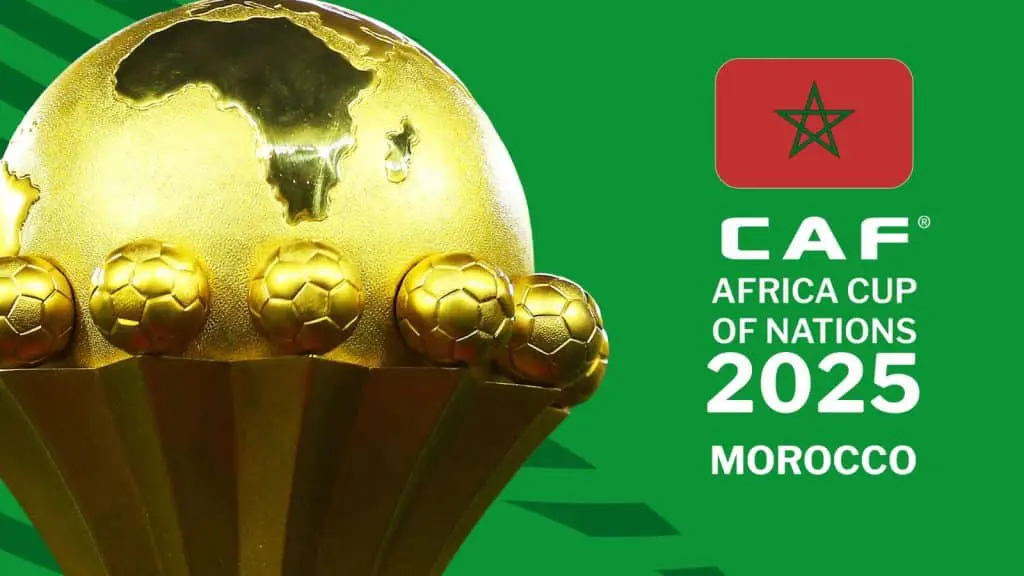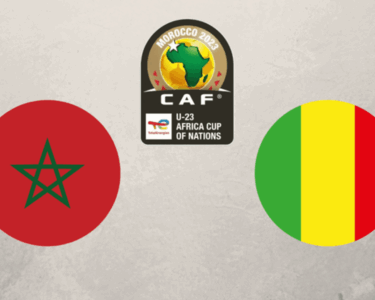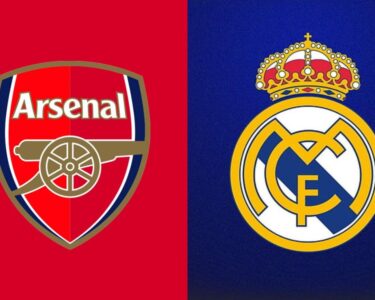In a stunning turn of events, the qualification rounds for the 2025 Africa Cup of Nations in Morocco have delivered some extraordinary upsets, reshaping the tournament’s traditional landscape.
Most notably, Ghana’s Black Stars, four-time continental champions, have failed to secure their spot in the tournament – a development that has sent reverberations throughout the football world. Their absence marks a historic shift, as the team has been a cornerstone of African football for generations.
The significance of Ghana’s elimination cannot be overstated. With previous triumphs in 1963, 1965, 1978, and 1982, their failure to qualify represents more than just a temporary setback; it signals a potential changing of the guard in African football. Their uncharacteristically poor qualifying campaign has raised serious questions about the team’s current trajectory and future prospects.
The qualification upheaval hasn’t stopped with Ghana. Several other established teams have also fallen short of expectations. Guinea, despite their strong football pedigree, couldn’t navigate their way through the qualifiers. Mauritania, who had been showing promising signs of development in recent years, similarly failed to make the cut.
Libya and Cape Verde complete the list of notable absentees, their campaigns ending in disappointment despite ambitious pre-qualification expectations.
Looking ahead to Morocco 2025, both FIFA and CAF have expressed high hopes for what promises to be a landmark tournament. While the absence of these traditional powerhouses will undoubtedly alter the competition’s dynamics, it also creates an intriguing opportunity for emerging football nations to step into the spotlight.
The tournament’s new complexion suggests we might be witnessing a significant shift in African football’s power structure, potentially ushering in a new era of competitive balance across the continent.
AFCON 2025









